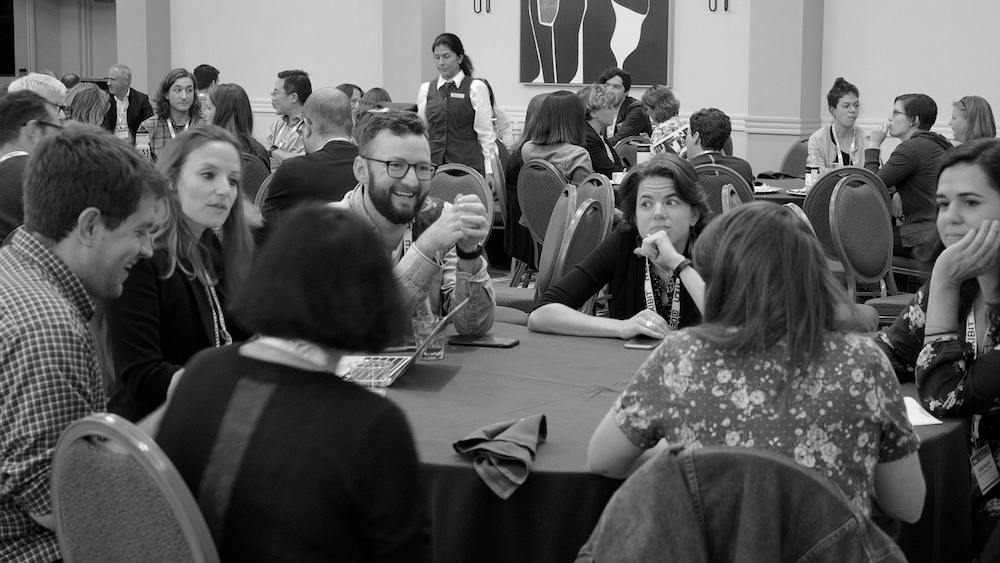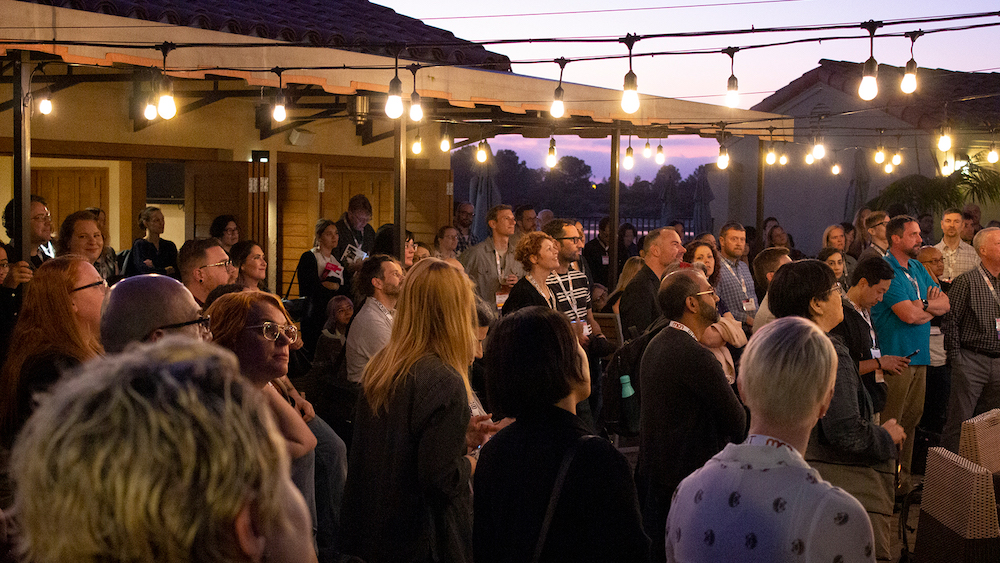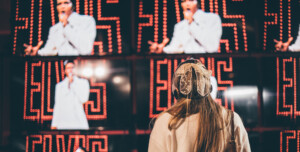The annual Museum Computer Network conference took place in the warm climes of San Diego across four days, from 5 – 8 November.
By Pip Gilbert, Dexibit
Attended by over 500 passionate museum professionals and those working in the musetech space, the audience covered all areas of practice, from IT to digital outreach and visitor engagement, to collections, curatorial, education, marketing and more.
Aligned with Museum Computer Network’s strategic priorities, the conference was one of inclusivity with issues of accessibility, representation, community, self-care and ethical use of data all front and centre.
Museum Computer Network Conference Keynote
A keynote by Tonya Nelson, Director of Arts Technology & Innovation at the Arts Council England, emphasized the role of musetech for social good by sharing examples of digital projects that aim to create connectedness, a sense of empowerment and the self-awareness needed for community building.
One example was the British Library’s Imaginary Cities project which takes historic maps and creates interactive virtual worlds, another The Forever Project, presented digital portraiture of the remaining group of Holocaust survivors.
The keynote prompted a thought-provoking debate amongst the highly Twitter-active MCN attendees about the risk of misuse of digital technologies. Nelson encouraged the audience to use tech for good by becoming data advocates and activists, fostering a ‘data culture’. For example, by collecting, using and sharing data whilst always being mindful of gaps in the data and their implications as well as ethical use and representation. “It’s up to us to be guardians of how [data] is used for the best in our communities,” she said.
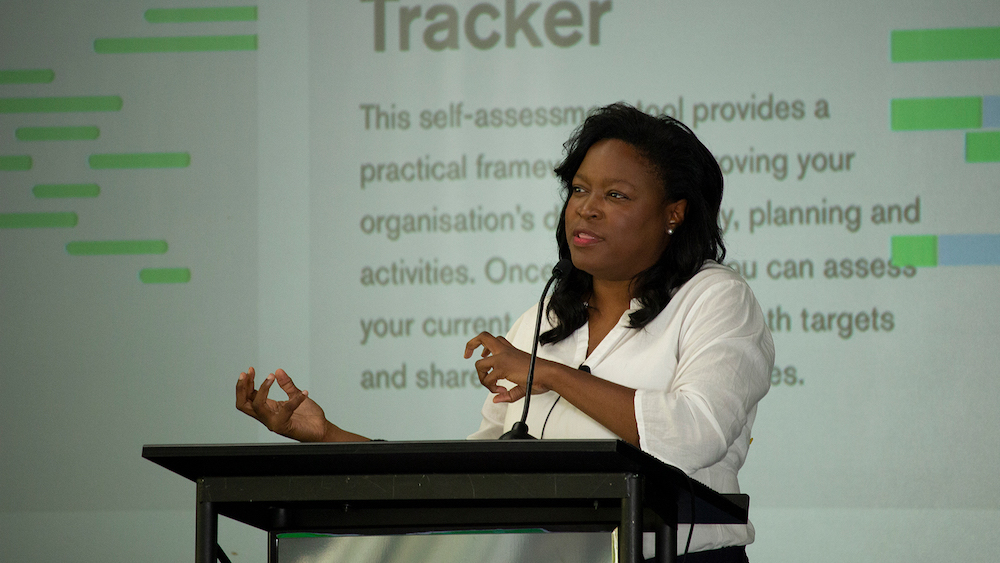
Data within the GLAM sector
A Plenary Panel also explored data use within the GLAM sector; specifically discussing data governance, privacy and ethics. An audience poll showed less than one fifth (18%) believe all staff at their institution are familiar with the privacy policy and that ignorance is the greatest risk.
However, panellists emphasized the data governance is about more than privacy and security. It’s about the integrity of the data and the provenance or source of that data. It is also about the business rules and assumptions that are applied to interpreting the data and the ethical considerations around the use of data.
The juxtaposition of the desire to personalise visitor experience and the expectation that museums are safe public spaces that should be free from tracking was front and centre in audience questions.
There was a strong emphasis from the panel on emphasizing privacy through use of aggregated, anonymized data for strategic decision making. Rather than personalized tracking being the first port of call.
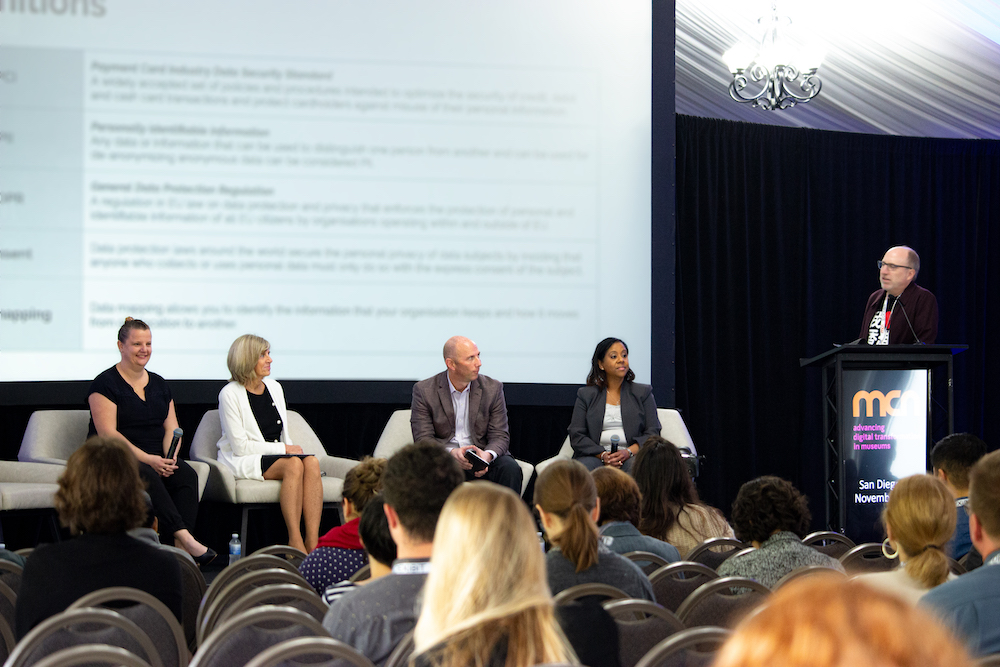
Managing emerging technologies
A second plenary panel explored approaches to managing emerging technologies. Three strong messages for the audience built on the ideas of musetech for good and data governance:
Firstly, when undertaking a technology project ensure you know the purpose of the project. Start with a ‘why’ and select solutions that meet that need. Secondly, centre decisions around the impact on the visitor experience. And finally, don’t try to create new technology for the sake of it. Leverage existing technology by working with the experts in that field.
In addition to this, other sessions covered everything from community-led design processes and journey mapping to social media and websites in a post-app world. Other topics included open-source tools and emerging technologies, self-care and burn out, and building productive relationships with third-party vendors.
Inspirational speakers
Like the location of San Diego, the attendees were warm and welcoming with a strong sense of community. They had a shared passion for the missions of their institutions and enabling social impact. With seven inspirational speakers in quick-fire format, MCN Ignite talks set the scene on the opening night.
The breaks were abuzz with connections being made and critical debate of the ideas being presented. There were also plenty of networking opportunities. This included a speed networking session and a Wednesday reception at the San Diego Natural History Museum. In addition, the Thursday happy hour took place by the pool. Afterwards, the brave ventured out for the traditional MCN karaoke night.
After the final day, attendees felt a sense of optimism about the role of technology in the museum sector. But they also had an awareness of the sensitivities and importance of inclusivity and representation. This was reinforced by the echo from the keynote. Each individual has a role as a data advocate and data activist with a strong ethical consideration.
Images kind courtesy of P.M. Carlson and the Museum Computer Network.

